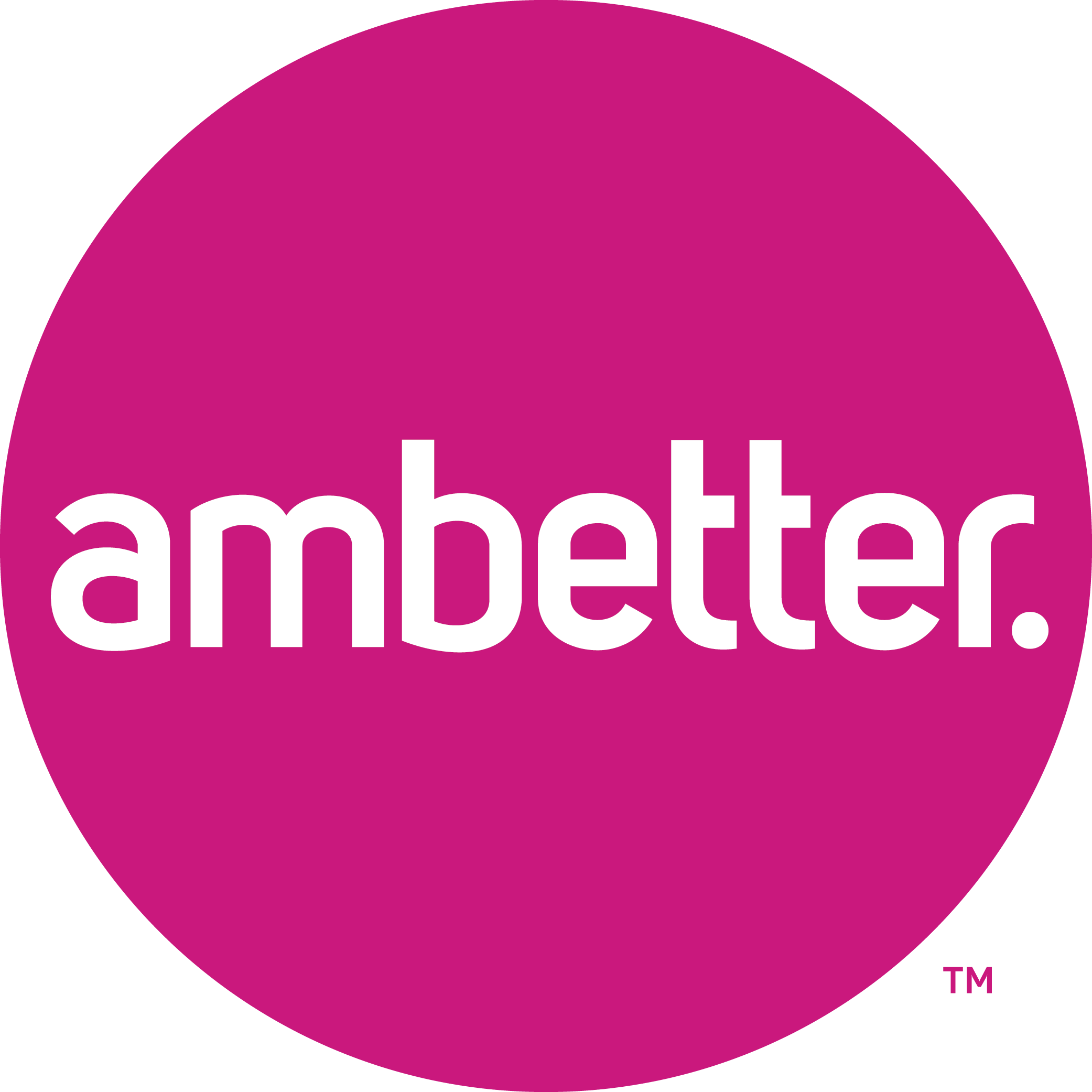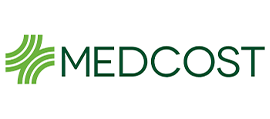Frequently Asked Questions at Banyan Philadelphia
What is Banyan Philadelphia’s approach to alcohol and drug addiction treatment?
Banyan Philadelphia approaches alcohol and drug addiction treatment from a fully integrated, multi-disciplinary standpoint. We understand that each patient has specific, individual needs which require unique treatment plans to best help them recover. Each patient undergoes a clinical assessment prior to the development of their treatment plan to determine the best way to meet those needs and ensure that they get the fully customized care they deserve. Our treatment team consists of therapists, case managers, doctors and nurses, psychiatrists and other specialized providers to deliver the highest quality of care possible. Here at Banyan Philadelphia we incorporate the 12-Step model, or alternately SMART Recovery, into the treatment process, enabling patients to build a strong foundation in recovery prior to discharge. Patients participate in both group and individual therapy sessions, where therapists utilize Cognitive Behavioral Therapy (CBT), Motivational Interviewing, Rational Emotive Behavioral Therapy (REBT), Client-Centered/Humanistic Therapy and Solution Focused Therapy to provide the best outcomes. .
Can you explain the 12-Step Model and SMART Recovery?
Both the 12-Step Model and SMART Recovery are programs that help individuals seeking alcohol and drug addiction treatment to build the sober support that will be crucial for them in early recovery. Both approaches consist of group meetings where addicts and alcoholics can find strength in numbers and help each other to recover through mutual shared experiences, strength and hope.
12-Step Model:
All 12-Step models are based on the twelve steps originally outlined in Alcoholics Anonymous (AA). Since its inception in 1935, AA has helped countless recovering addicts and alcoholics to achieve sobriety. Alcoholics Anonymous is built on twelve principles and virtues: Honesty, Hope, Faith, Courage, Integrity, Willingness, Humility, Brotherly Love, Discipline, Perseverance, Spirituality and Service. The program is centered on practicing these principles in everyday life. There are many other 12-Step programs, and patients are encouraged to find the one that best works for them. Other programs include Narcotics Anonymous, Cocaine Anonymous and Crystal Meth Anonymous. Learn more about the twelve steps here.
SMART Recovery (Self Management And Recovery Training):
For those who feel a 12-Step approach may not be right for them, Banyan Philadelphia offers the alternative SMART Recovery program. SMART Recovery is not a 12-Step model, though it does also feature group meetings in the community. The program teaches self-empowerment and self-reliance, and provides members with tools to help them make self-directed changes in their lives. Meetings include open discussion and education, and the process is centered on the evolution of scientific knowledge in regards to addiction and recovery. There are four main points in the SMART Recovery program, which are: Building and Maintaining Motivation, Coping with Urges, Managing Thoughts, Feelings & Behaviors and Living a Balanced Life. The program utilizes Rational Emotive Behavioral Therapy (REBT), Self-Talk Awareness & Refusal and Unconditional Self-Acceptance, encouraging group members to change self-defeating thinking, emotions and actions in order to achieve long-term happiness and quality of life. Learn more about SMART Recovery here.
How do patients participate in these recovery programs?
Banyan Philadelphia hosts meetings at the facility regularly. Patients also have the opportunity to attend 12-Step and recovery meetings within the community, so that they may begin to build a local sober support system prior to discharge. This increases the chance of patients’ participation in recovery programs after they leave our care and continue on their path to recovery from drug and alcohol addiction.
What about the therapy techniques that are offered at Banyan Philadelphia?
As mentioned, Banyan Philadelphia incorporates many therapeutic techniques in the drug and alcohol addiction treatment process. Here is a brief overview of some of these techniques:
Cognitive Behavioral Therapy (CBT): CBT is based on the idea that an individual’s perception of a situation or event is directly correlated to their reactions and emotions; it is not simply related to the event itself. The technique is centered on helping patients to change their negative or unhelpful thinking regarding situations and events, therefore leading to an improvement of their mood and level of happiness.
Motivational Interviewing (MI): MI recognizes that patients approach treatment with different levels of readiness to change. The technique focuses on encouraging patients to explore the desire to implement positive changes in their lives and attempts to resolve ambivalence they may have towards these issues. Therapists utilizing MI often point out the discrepancies between a patients self-described values and goals and their current behaviors to act as a catalyst in motivation.
Rational Emotive Behavioral Therapy (REBT): Similar to CBT, REBT is based in the idea that it is a person’s perception of a circumstance, not the circumstance itself, that causes emotional disturbance. It encourages the evaluation of irrational or dysfunctional beliefs in order to form healthier, positive outlooks on problems and situations.
Client-Centered/Humanistic Therapy: This is a form of talk-therapy that emphasizes unconditional positive regard, acceptance and support for patients. It is based in empathy and understanding, encouraging patients to express their true emotions without fear.
Solution Focused Therapy: Solution Focused Therapy is a directed, goal-oriented approach that focuses on a patient’s future goals rather than on the history of their problems. It focuses on creating effective solutions to reach these goals, along with a plan and measure of progress.
Are there any other specialty programs or therapies offered at Banyan Philadelphia?
Banyan Philadelphia features many ancillary services in addition to traditional drug and alcohol treatment. Patients have the opportunity to participate in yoga, as well as art and music therapy. There is a hands-on life skills program that helps patients to develop skills that will help them be successful in everyday life, outside of the scope of traditional drug and alcohol education. Banyan Philadelphia features a Serenity, or Bio-feedback, bed that aids in treating anxiety, depression and stress. In addition to client-centered therapy there is also a family program at Banyan Philadelphia that enables loved ones of the individual in treatment to heal and grow as well.
Can Banyan Philadelphia treat co-occurring disorders?
Yes. Banyan Philadelphia accepts patients suffering from co-occurring disorders, or dual diagnoses. Patients with mood or thought disorders, including depression and anxiety, PTSD and bi-polar disorder, who are also in need of drug and alcohol addiction treatment, are able to receive the care they need at Banyan Philadelphia. Our expert team of therapists, medical staff and psychiatrists can help determine the best treatment plan for patients with both mental health and substance abuse issues.
Most Insurance Plans Accepted
Addiction treatment doesn’t need to be out of reach. At our drug rehab in Delaware, our goal is to assist as many people as we can. We accept a variety of insurance plans to help people get the addiction treatment they need. If you do not have health insurance, there are other ways to pay for treatment. Call us today to see if your insurance will cover your treatment program and to talk about alternatives if necessary.












